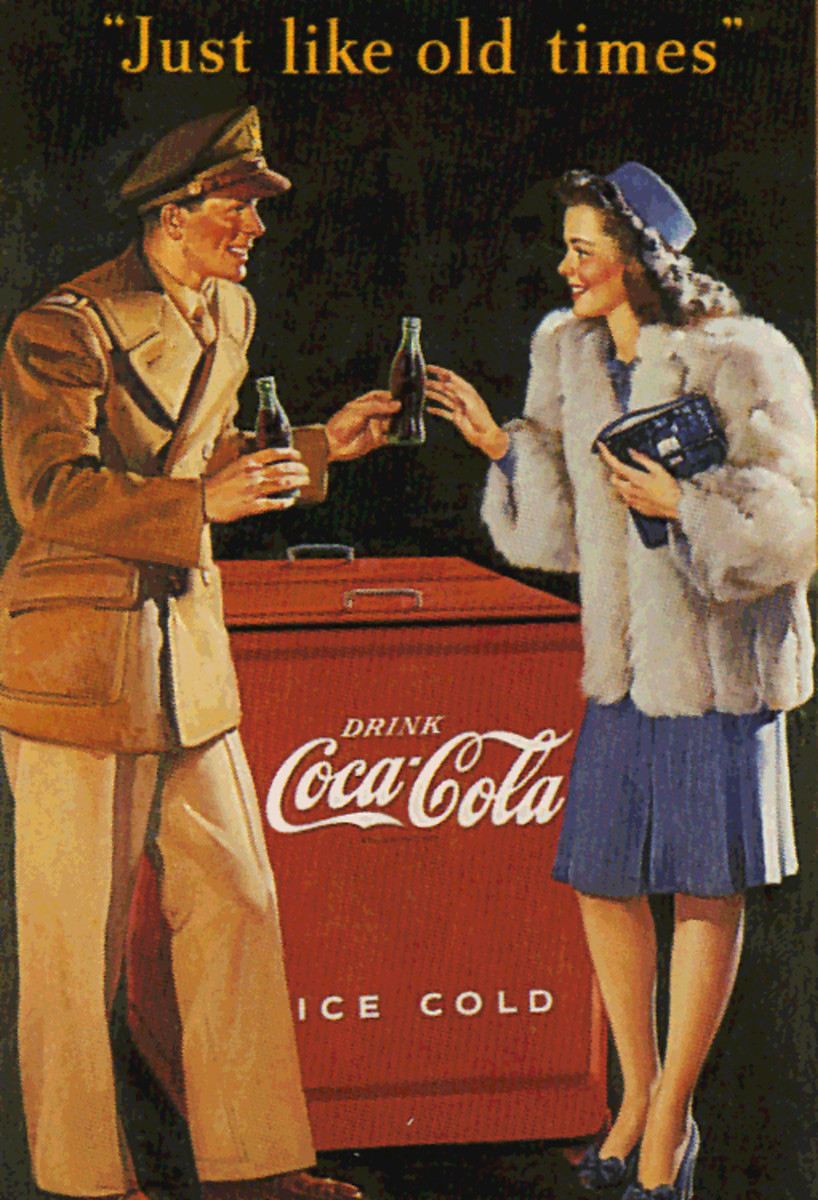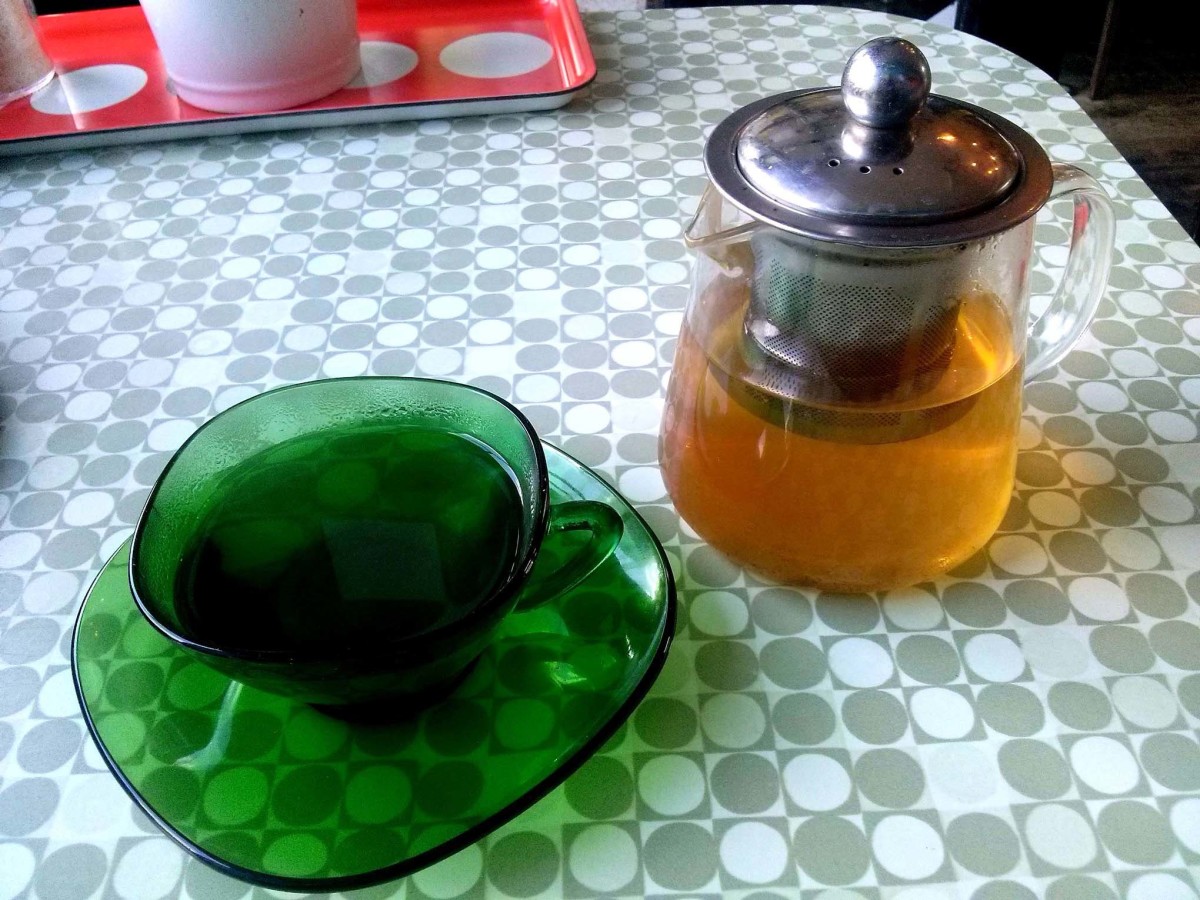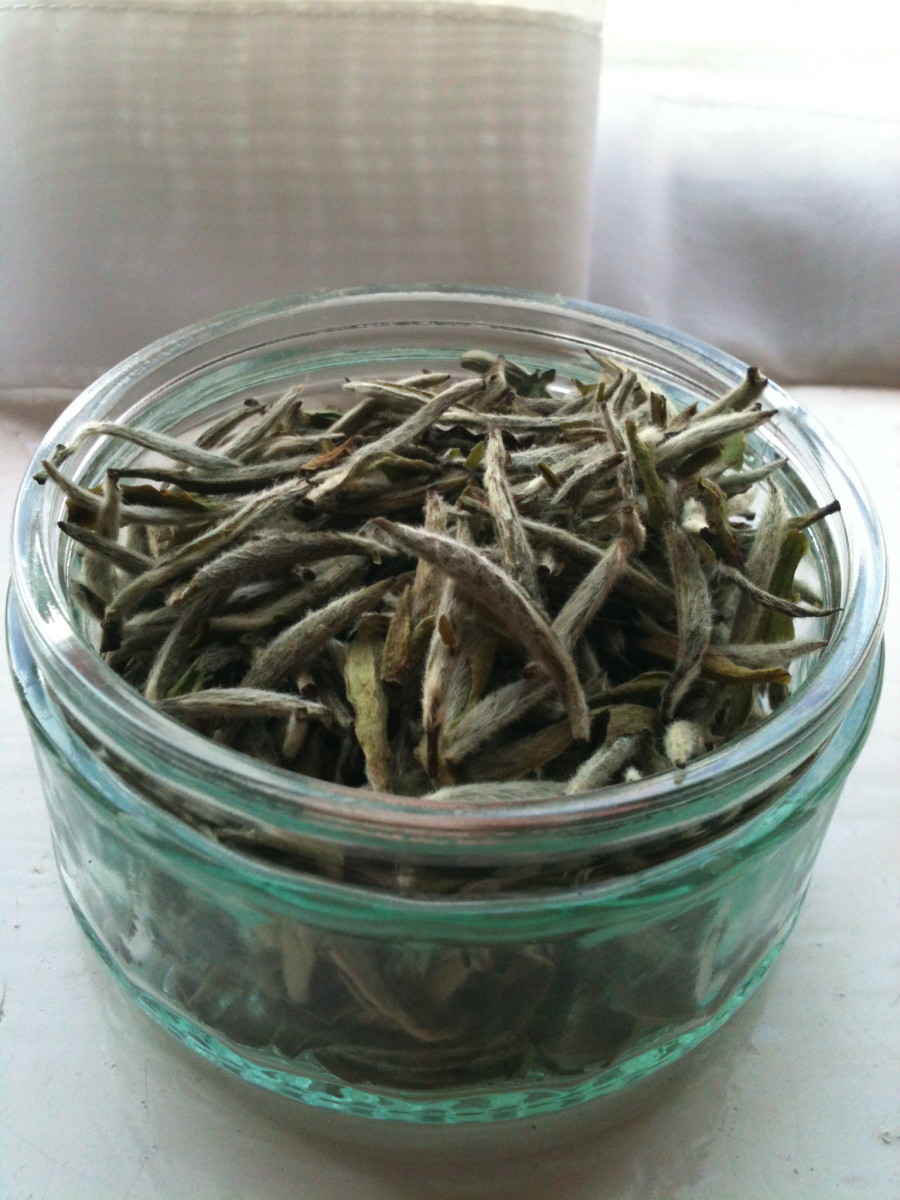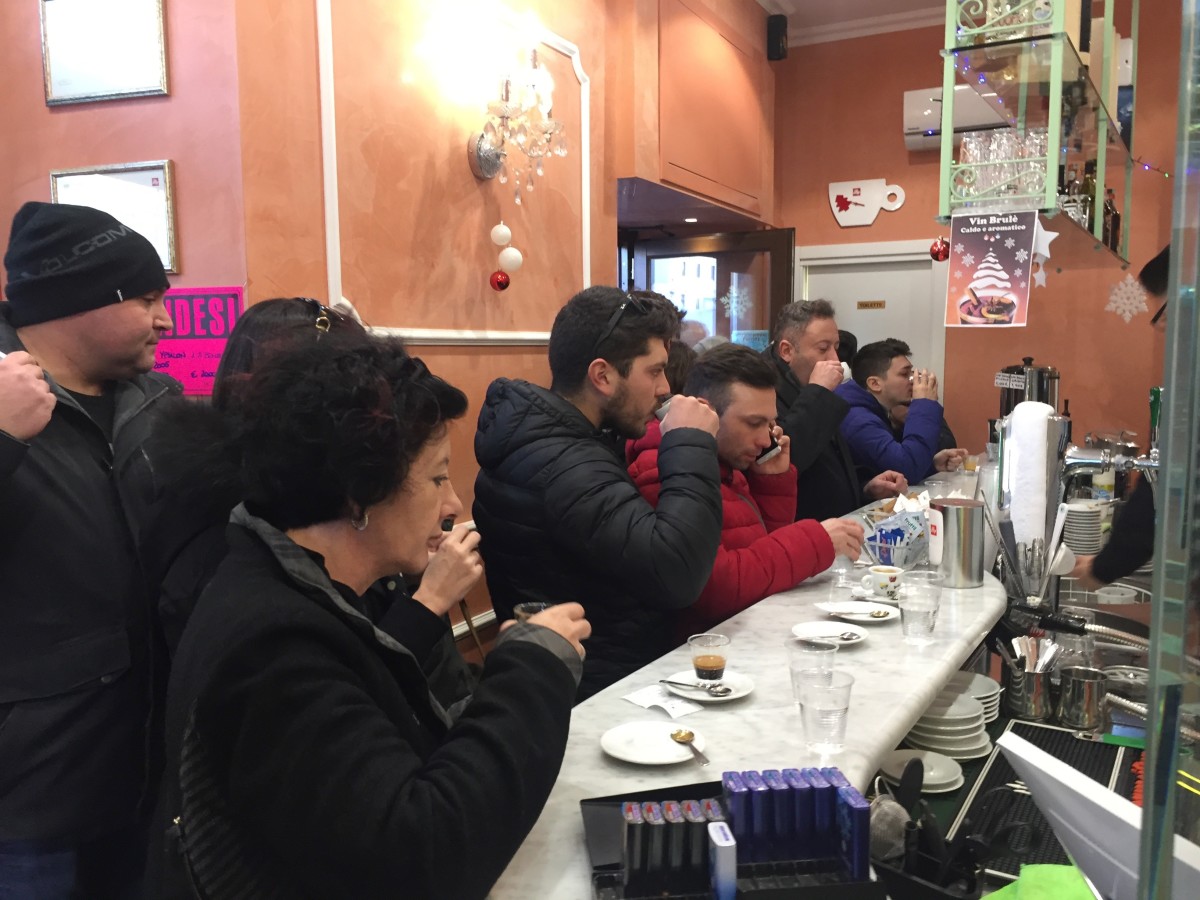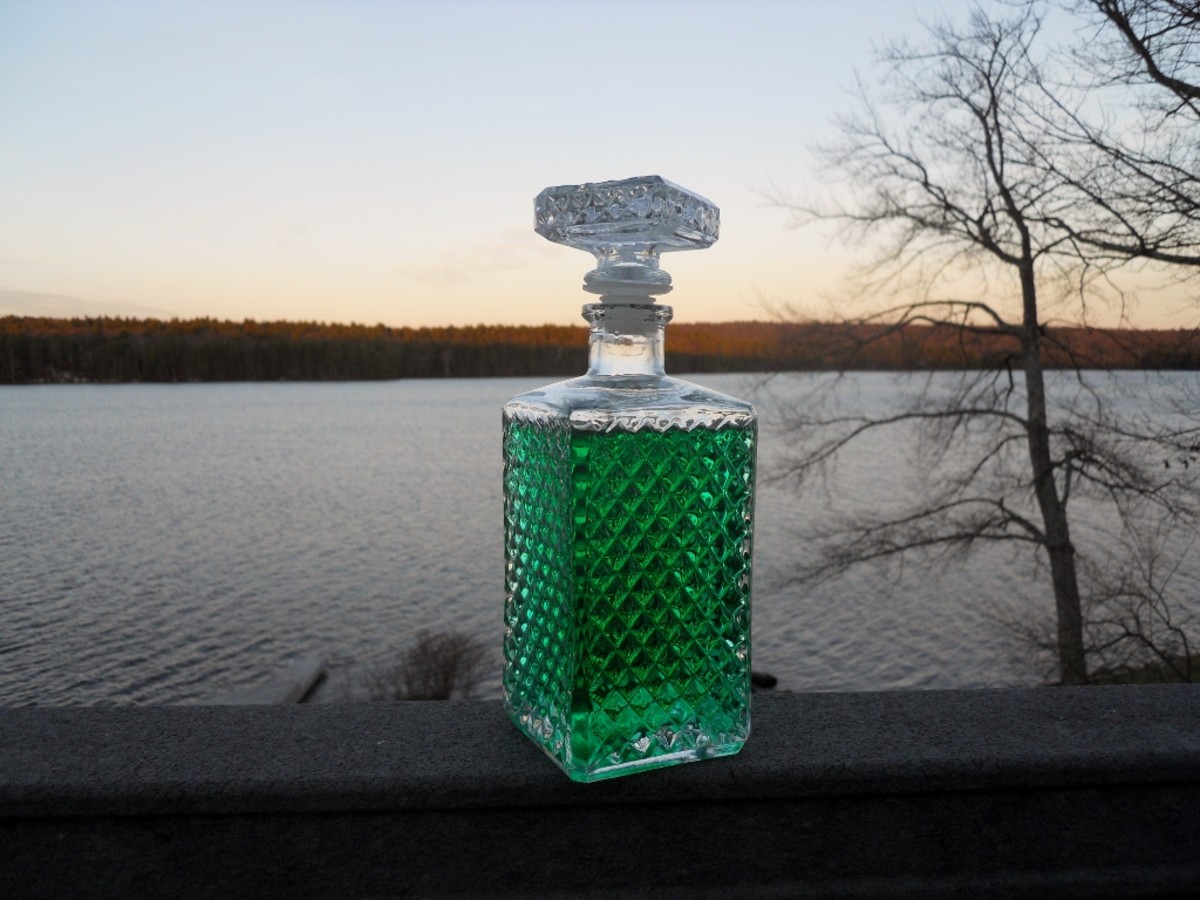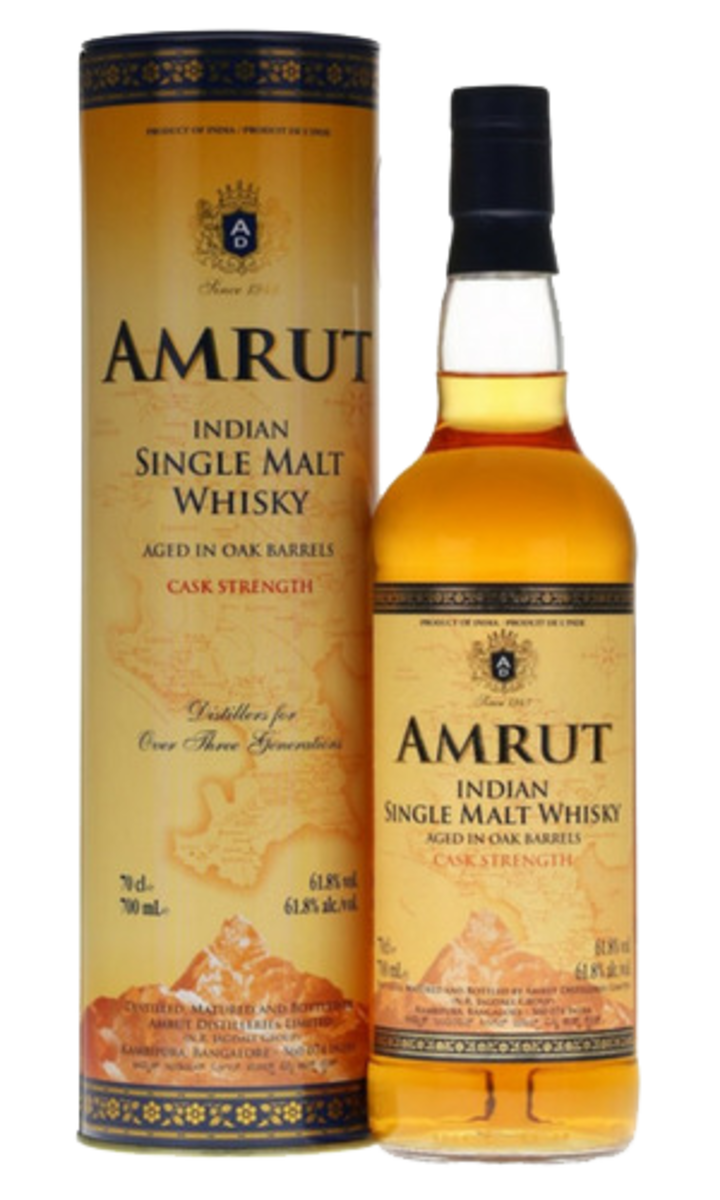If God Wanted Us to Drink So Much Water, He’d Make It Taste Better: My Life in Beverages
Note: This hub was written in response to EclecticFusion's question, "Do you like your water plain or flavored? Do you drink it every day?"
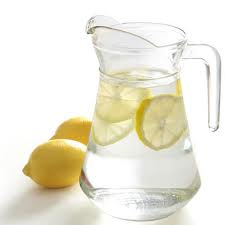
I don’t like drinking water.
Actually, I don’t mind drinking water—as long as it’s room temperature or chilled, no ice, and comes with a wedge or two of lemon, lime, cucumber, or anything that will interest my taste buds enough to keep sipping. If it’s had some good black tea steeping in it for a while, and had some sugar stirred into it while it’s still warm, all the better. Ideally, it comes in one of those plastic bottles that’s killing our planet and features different flavors and vitamins geared to whatever aspect of my life I need help with. And, in a perfect world, it’s been processed through a Coca-Cola bottling plant (preferably in Mexico, where they still use pure cane sugar).
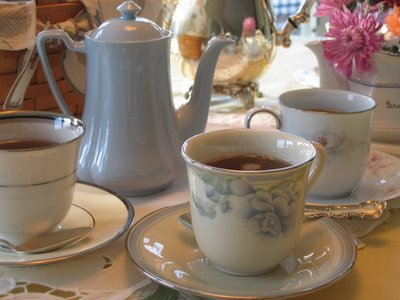
I blame my upbringing. When I was growing up in east Texas in the mid-1960s, we did not have a lot of doctors and scientists telling us via all available media outlets that drinking at least 64 ounces of water per day was essential to good health and longevity. To be perfectly honest, plain tap water was for manual laborers –my mother would bring pitchers of ice water and Styrofoam cups to our yard guys as they mowed our lawn and trimmed the bushes on hot summer days—and for sipping in restaurants while waiting for your real drink to arrive. The universal drink of choice was iced sweet tea, with strong black coffee coming in a distant second. I learned at a very young age how to fill the tea kettle, boil water, and how to tie the teabag strings around the handle of the teapot so they wouldn’t sink to the bottom and have to be fished out with a spoon. I learned how long to leave the teabags in and how to squeeze them out when removing them. I learned how to put cold water in the glass pitcher before pouring in the hot tea, so that the heat wouldn’t shatter the glass. And most of all, I learned that while the rest of my world seemed to prefer their tea iced, I liked mine at room temperature or chilled with no ice, with lots of sugar. There was something genteel and sophisticated about drinking a tall glass of warm, sweet tea and curling up with a good book.
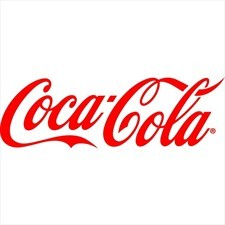
My family were all big tea drinkers, but there were other beverages that we probably enjoyed more than most people. My great-uncle was the manager of the Coca-Cola bottling plant in our hometown, which meant that the back porches of his house, my great-grandmother’s house, and every other household on that side of the family were stacked with cases of Coca-Cola, Fanta, 7-Up, and anything else that the bottling plant produced. Some of my earliest memories involve those tall stacks of wooden boxes, and being too short to access the top box for a drink. I was handed a “hot” (i.e. unrefrigerated) bottle of Coca-Cola so often as a child that I came to think of chilled or iced Coke as an abomination of epic proportions. Looking back at my shy demeanor as a little girl, I shudder to think of the catatonic zombie child I would have been without all that caffeine being pumped into my system—but I probably would have been a lot less nervous and timid. Nobody else seemed to be having these problems, though, so I kept drinking both tea and Coke in large quantities every day.
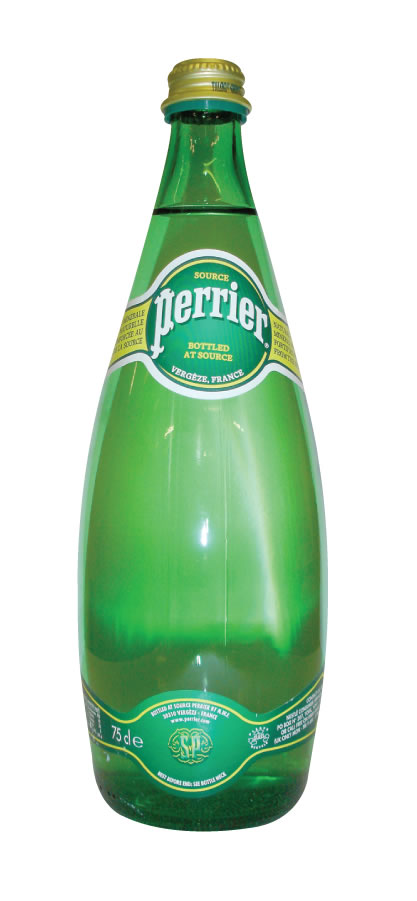
Not until 1977, when I was in middle school and Perrier launched its American sales campaign, did drinking “plain” water occur to me on a regular basis. Perrier had the cache of being French and fancy, but I hated the bitter carbonation. Soon there were “flat” bottled waters available as well, and plenty of discussion about how much healthier bottled water was than the increasingly polluted swill pouring from our kitchen faucets. As obsessed with designer everything as I was, I drew the line at paying good money for something that tasted the same as the stuff I didn’t want to drink out of my tap at home.
And so I continued to drink sweet tea and Coke almost exclusively for years, with the occasional glass of lemon-spiked water at restaurants. Then, during my first pregnancy, I was diagnosed with gestational diabetes and was suddenly immersed in dietary counseling and seemingly hourly blood glucose testing. I had it easy—I was not the typical gestational diabetic. I already exercised excellent portion control and had always maintained a healthy weight with good diet and exercise habits. My diagnosis was probably related to a family history of diabetes, and controlling my blood sugar with diet was fairly easy—except when it came to my beverage of choice.
The single most difficult thing I had to do was give up Coca-Cola and anything sweetened with sugar. Substituting sweeteners for sugar in my tea was one thing, but how in the world was I supposed to wake up in the morning without those caffeine-laden bubbles carbonating my blood stream? Forget Diet Coke—anyone who says that it tastes just the same as regular Coke has defective taste buds. It tasted like a chemical, metallic version of a failed Coke imitator and I couldn’t have drunk it even if it hadn’t been laced with all those scary, possibly carcinogenic sweeteners with copyrighted names. I must confess that there were a few days during the end of my pregnancy when I just couldn’t stand the cravings, bought a can of Coke from a supermarket, and drank it in my car, being careful to toss the can into a public wastebasket so nobody would know. Fortunately, the illicit Cokes never affected my blood sugar adversely, but when we were entering the hospital with labor pains, I told my husband that the first thing I wanted after our daughter was born was a Coke—and that’s exactly what I had.
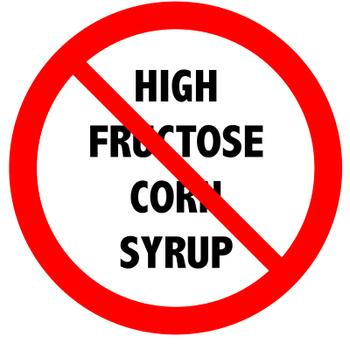
I managed to make it through two more pregnancies with gestational diabetes and a subsequent absence of Coke in my system, but I still couldn’t bring myself to drink plain water to the degree advised by my nutritional consultants. Lacing pitchers of ice water with slices of lemon, lime, and cucumber helped me drink more, but my due dates were in winter and early spring, so cold drinks weren’t particularly appealing. Another problem I was having was with my caffeine intake—I had become completely dependent on caffeine to keep me vertical with three small children and I wasn’t sleeping well at night as a result. As David Letterman once put it, “Without the caffeine, I’d have no personality at all.” I also suffered from major headaches if my caffeine levels dropped below a certain level. Clearly, some changes had to be made if I were to function at a healthy, normal level.
One day, as I was struggling to cut back on my Coke habit and experimenting with healthier alternatives, I read a couple of articles that made giving up my crutch much easier. One article discussed the dangers of high-fructose corn syrup in foods and beverages, and while I’d known about this before, it dawned on me that the HFCS in Coke and my sensitivity-bordering-on-allergy to corn were mutually incompatible. The second article explained how carbonated drinks created gas build-up in the gastro-intestinal tract, resulting in bloating and discomfort. To a mom who was trying desperately to flatten out her abdomen after three pregnancies, this was a revelation. Suddenly Coke was no longer the sweet elixir of life, but instead a tempting but wicked substance that would make me simultaneously hyper, exhausted, and fat. With new resolve, I committed myself to drinking only water or drinks made with 100% healthy ingredients from that moment on.
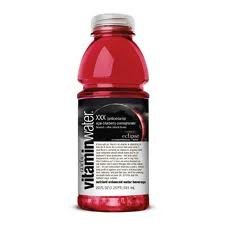
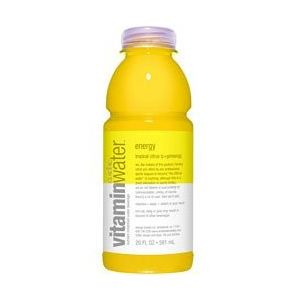
With what can only be described as unbelievably fortuitous timing, Coca-Cola chose that moment to roll out its latest offering—a collection of fortified waters laden with vitamins, antioxidants, and other all-natural ingredients designed to target various needs. VitaminWater, produced by Coke subsidiary Glacéau, came in so many flavors and vitamin combinations that I could tailor my drink to my needs—brilliant! I tried them all, becoming immediately hooked on the no-calorie VitaminWater Zero XXX flavor. The blend of blueberry, pomegranate, and açai (I’m pretty sure “açai” is Portuguese for “crack”) juices was delicious and healthy—maybe not as healthy as Glacéau would have me believe, but definitely healthier than Coke. Then I discovered the Energy formula—not available in the no-cal version, but containing just enough caffeinated guarana to get me going in the morning, without experiencing a serious energy crash or migraine headache later in the day.
There are still a couple of problems—packaging and cost. As I become more and more educated on the evils of plastic water bottles and their damaging effects to our environment, as well as the damaging effects that the price of VW has on our food budget, I’m having a harder and harder time justifying the numbers of VitaminWater bottles I buy. I’ve cut way back on my VW purchases, although I can’t seem to give it up completely. I am, however, finally coming around to the simple pleasures of citrus/fruit-spiked filtered tap water, poured from a lovely glass pitcher and sipped slowly and appreciatively. Maybe there’s hope for me yet.



